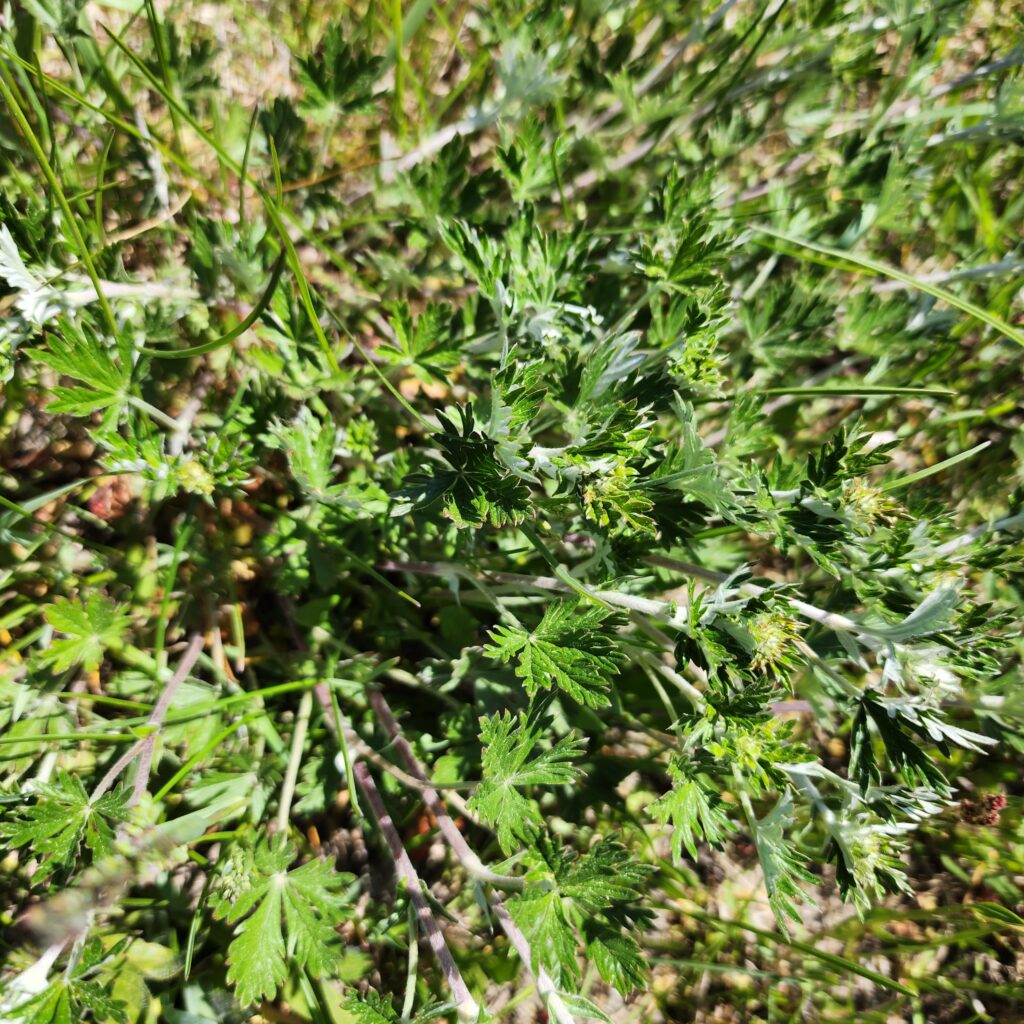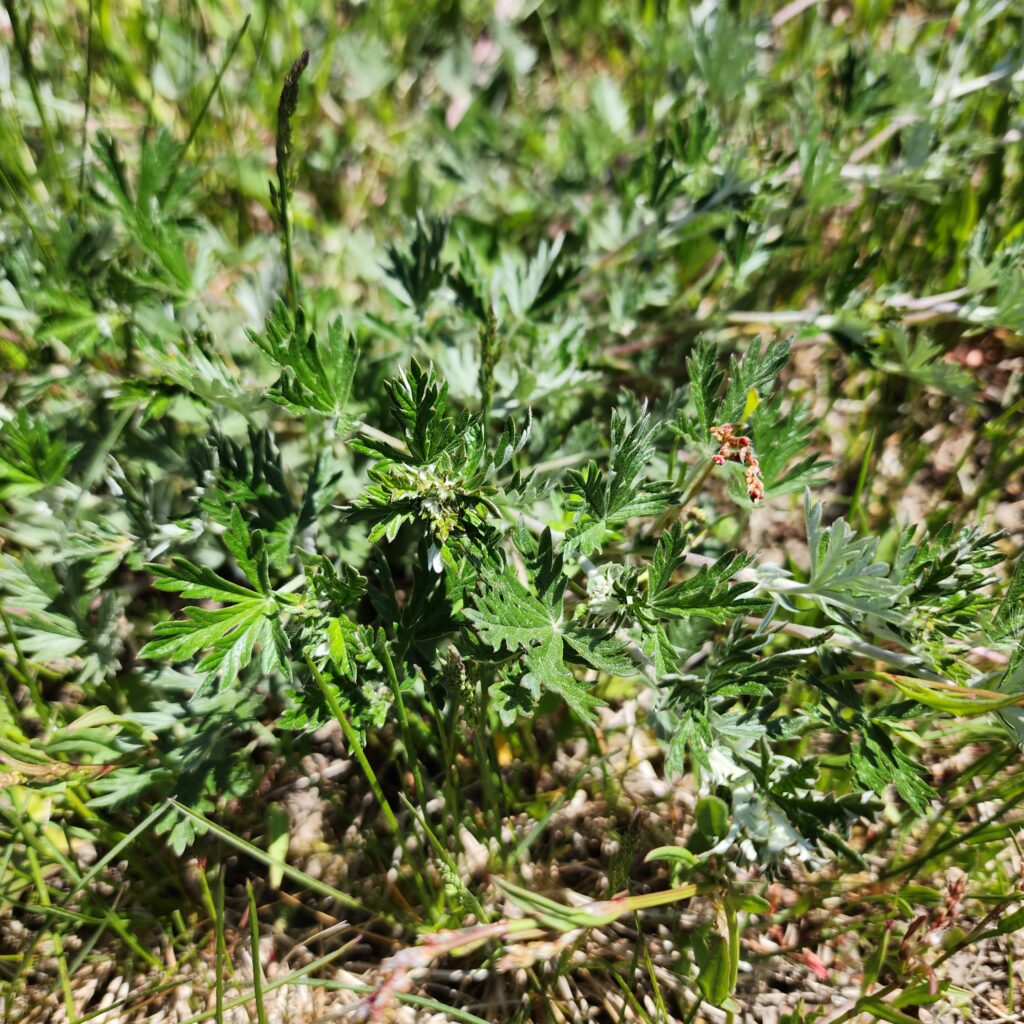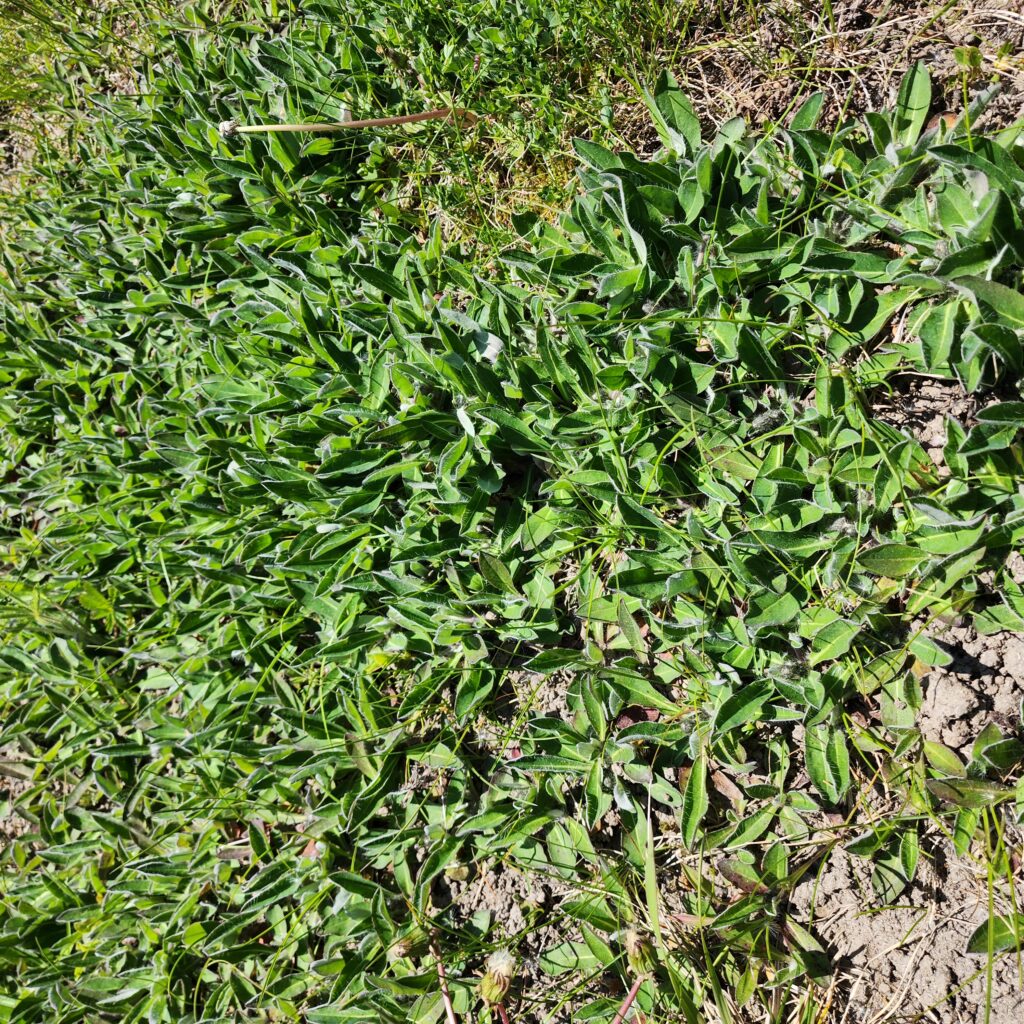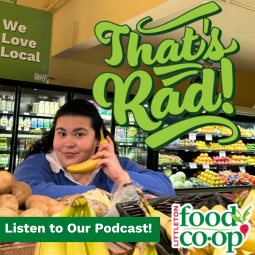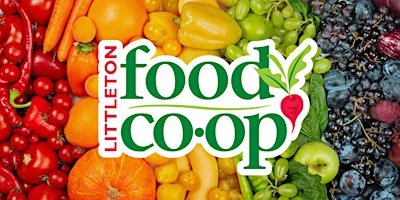
Producer: ECOS
CEO: Kelly Vlahakis-Hanks
Location: Cypress, CA
Found at the Littleton Co-op: Laundry detergent, cleaning products, soap, and ice melt
Website: Ecos.com
Our modern day food systems were built on the backs of People of Color (POC), particularly the Black community, without making room to acknowledge their important contributions. During the month of February, celebrated as Black History Month, we take intentional moments to celebrate Black entrepreneurs, inventors, and businesses that have shaped the way we eat, drink, and live. Supporting a vibrant and diverse producer network is a yearlong goal of the Littleton Co-op, and we are proud to highlight BIPOC (Black, Indigenous, and People of Color) voices. Read more about Littleton Co-op’s Diversity, Equity, and Inclusion (DEI) work here.
ECOS, a premier creator of plant-based cleaning products and the #1 selling green laundry detergent in the U.S., was founded by Van Vlahakis, a Greek immigrant who recognized the negative health effects of harsh chemical ingredients in cleaning products during his career as a chemist. When Kelly Vlahakis-Hanks took over as President and CEO of ECOS, she wanted to increase the depth and breadth of how the company cares about the health and wellness of people and planet. Kelly is of Greek and African American descent, and has prioritized increased access to opportunities for under-represented identities within ECOS. ECOS is currently made up of 64% of employees identifying as BIPOC (Black, Indigenous, and People of Color), and an Executive Team that is 40% BIPOC and 60% female. She also prioritizes environmental health; under her leadership, ECOS became a Climate Positivity company — the world’s first to have carbon neutral, water neutral, and TRUE Platinum Zero Waste facilities. Furthermore, ECOS has one of the highest minimum wages in the industry at $17/hour.
ECOS continues to be a company that not only makes great products, but takes great care of people and the planet, under Vlahakis-Hanks’ leadership. She is also making strides so ECOS’s vision and values are passed along to future generations, establishing the Vlahakis Organic Chemistry Lab at Roosevelt University in Chicago (her father’s alma mater) for students to research chemistry based on renewable resources.

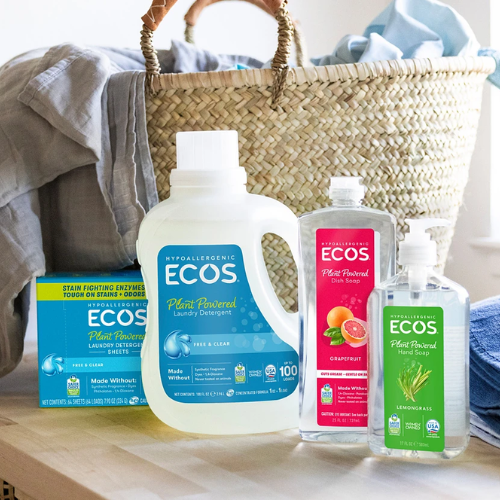

Status of product availability at the Littleton Co-op, and labeling of producers (such as local, Black-Owned Business, NH-made, etc) and product status or ingredients (gluten-free, vegan, etc) is based on available information at time of publication. The food world is an ever-changing landscape and information presented here may not reflect the most up-to-date information available.

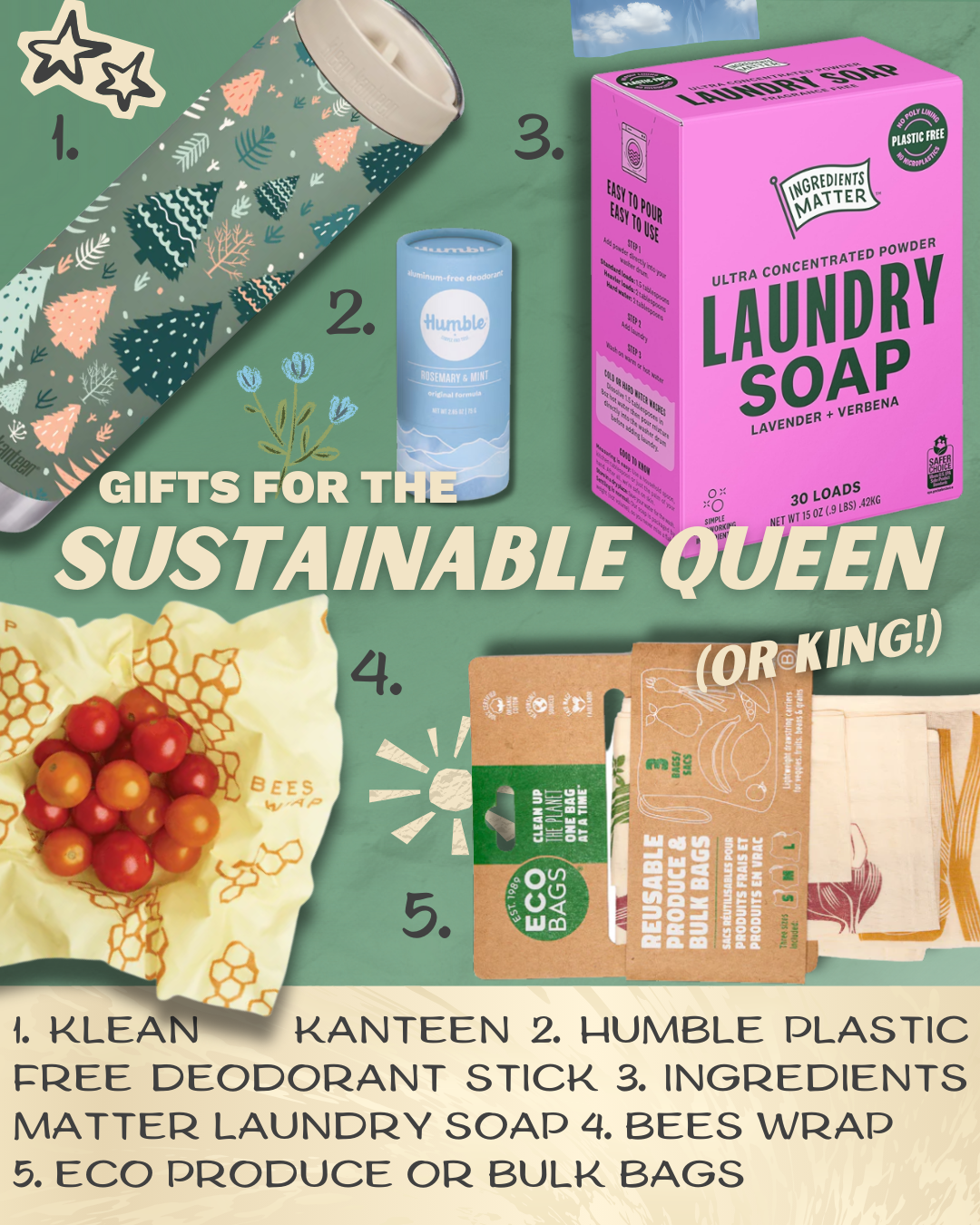



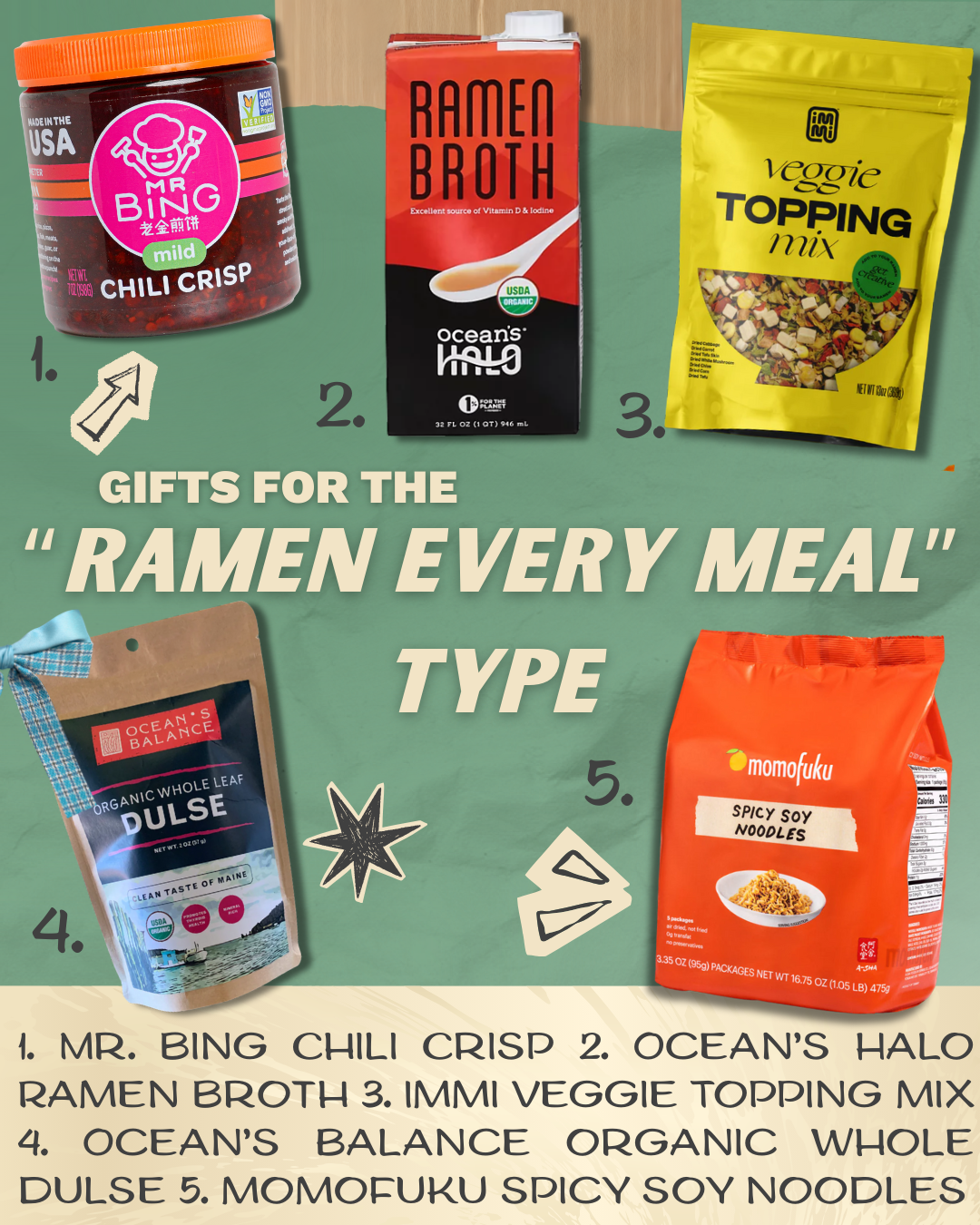



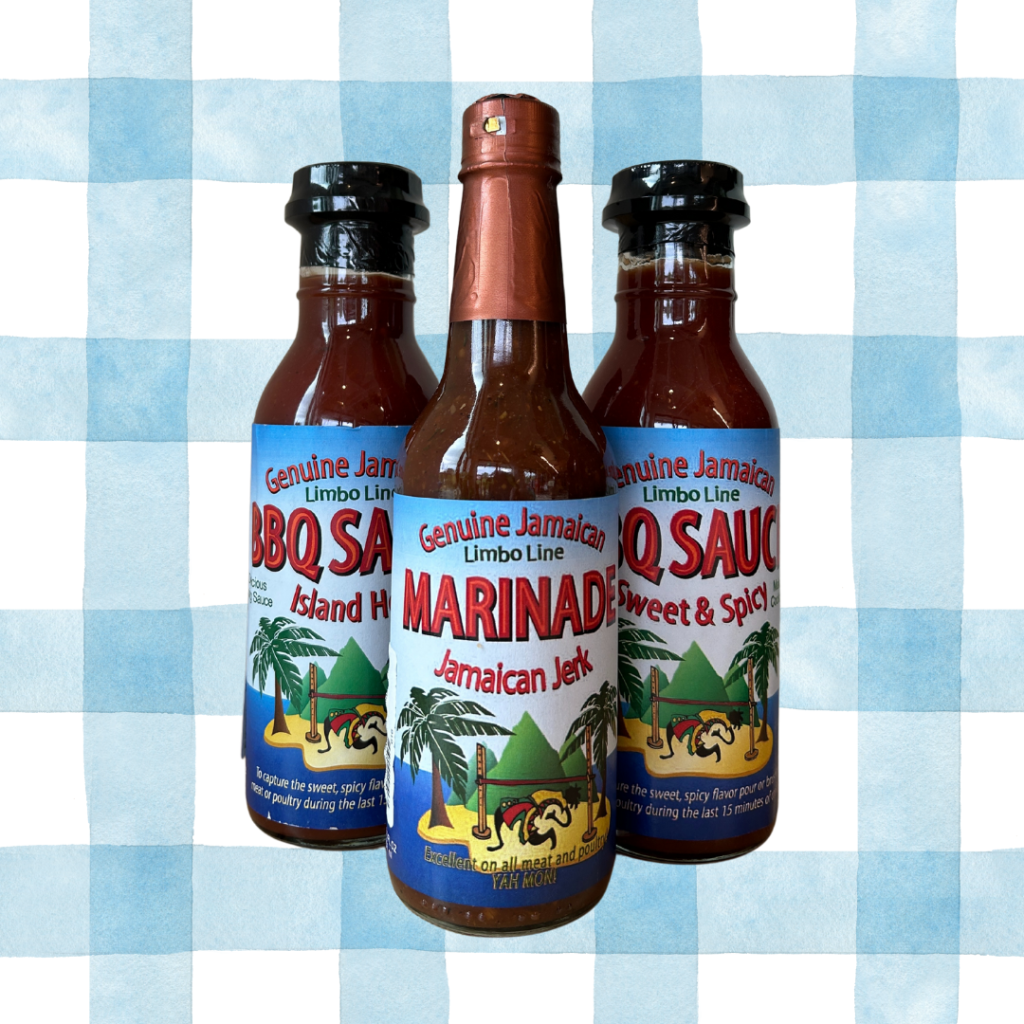

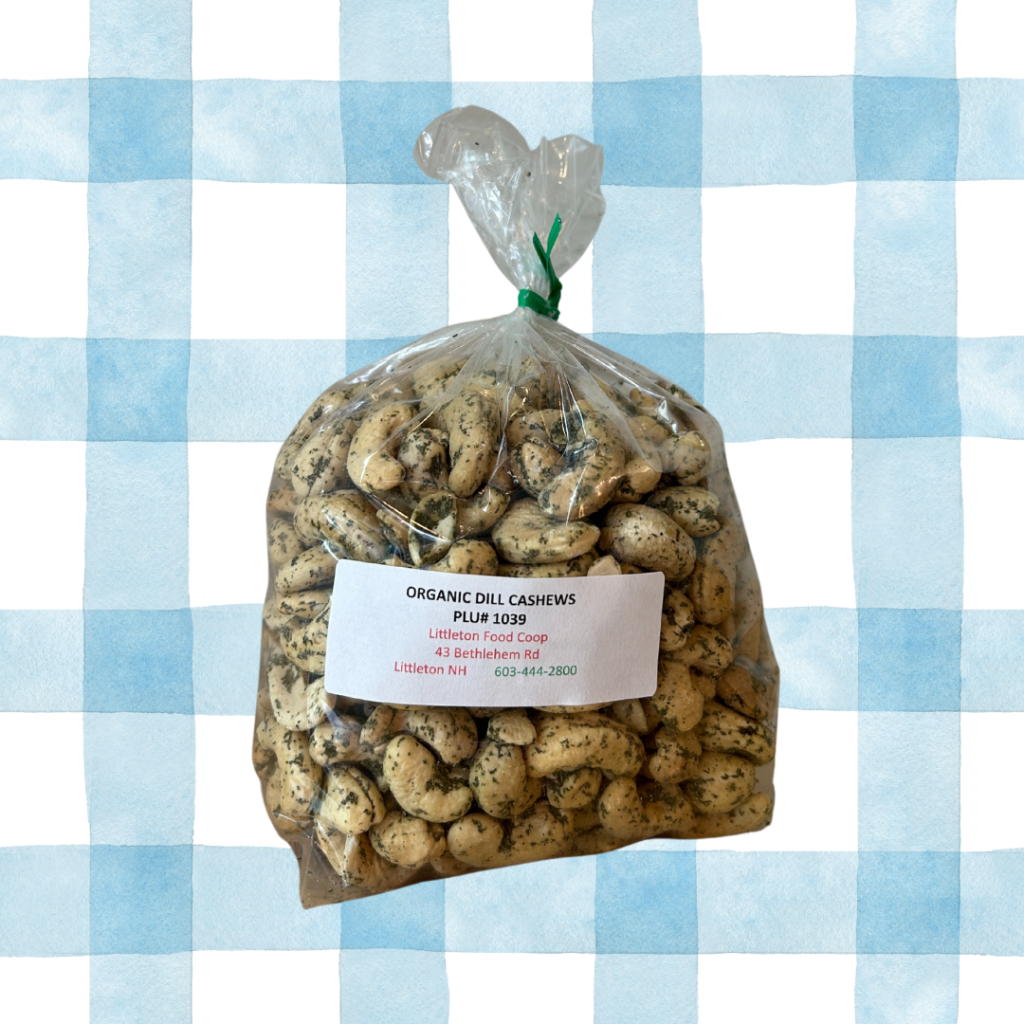
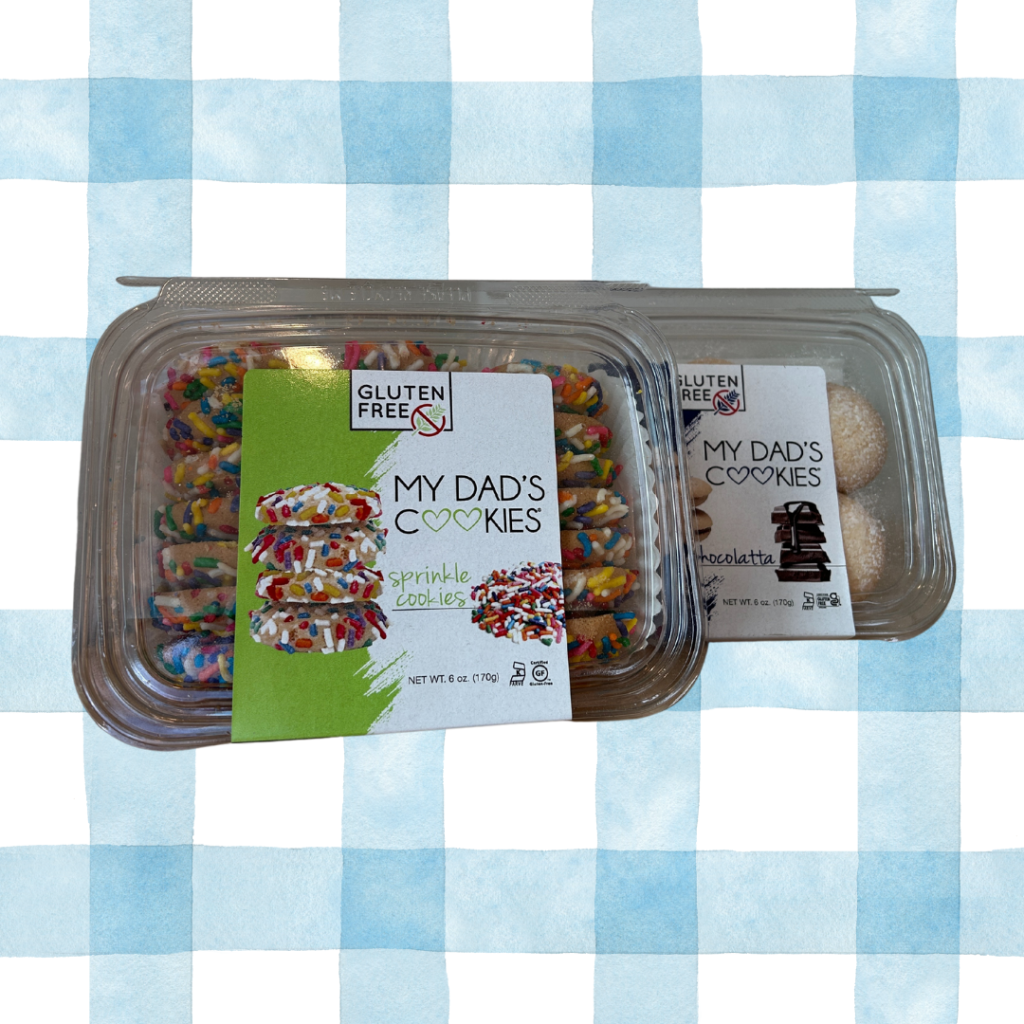




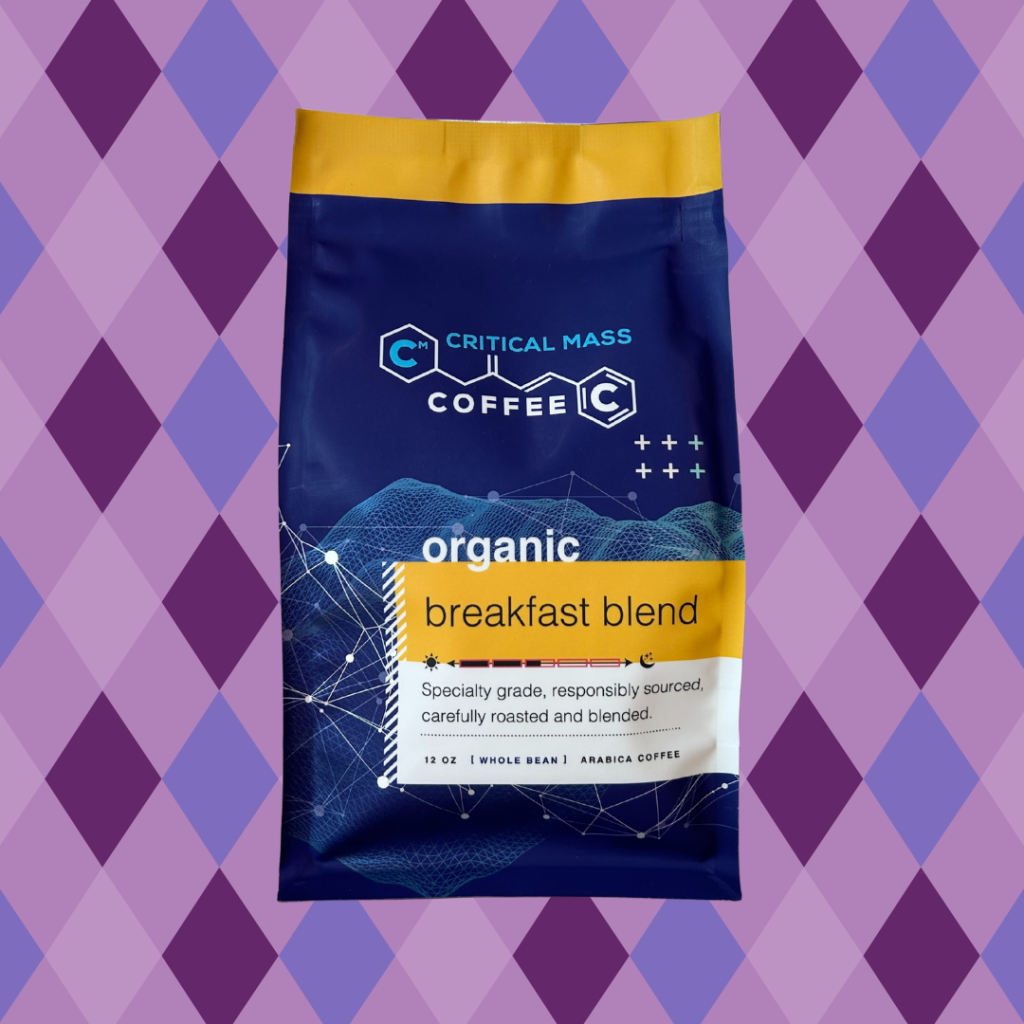

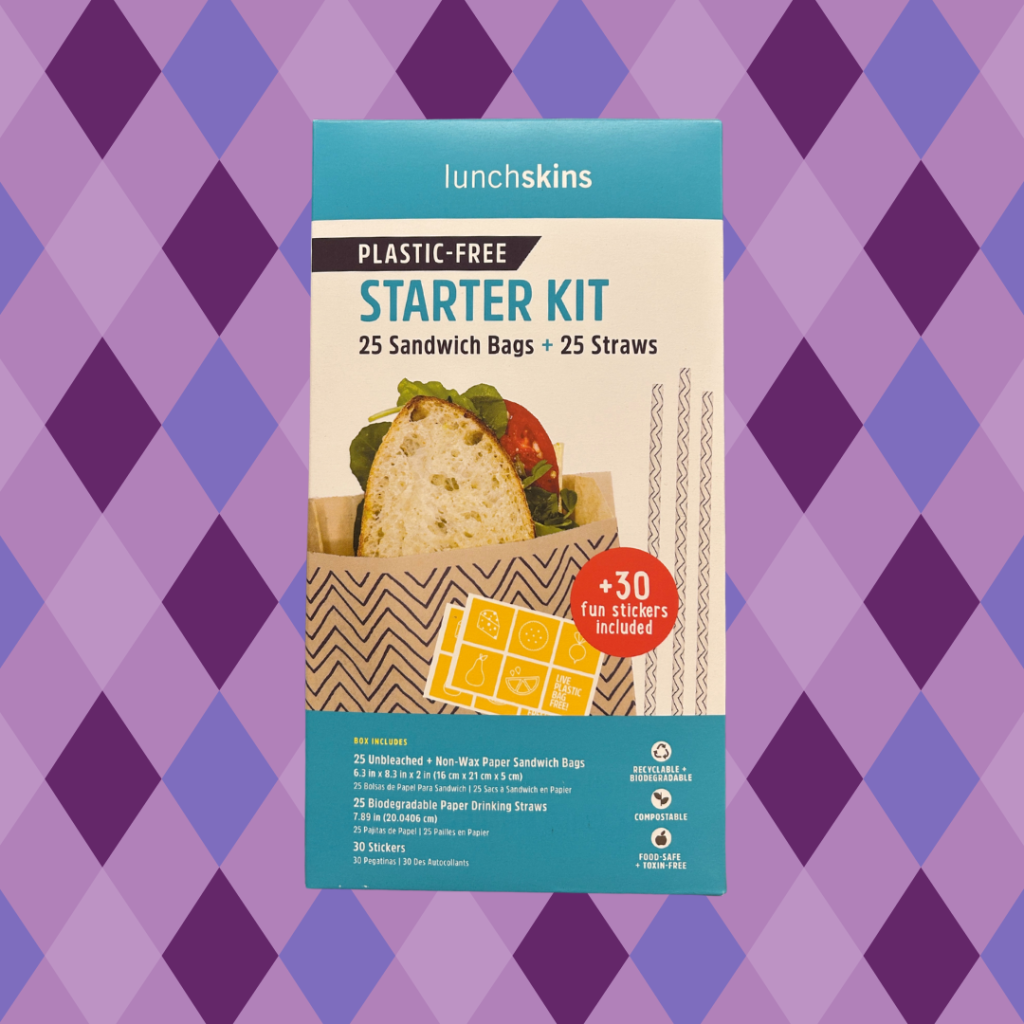
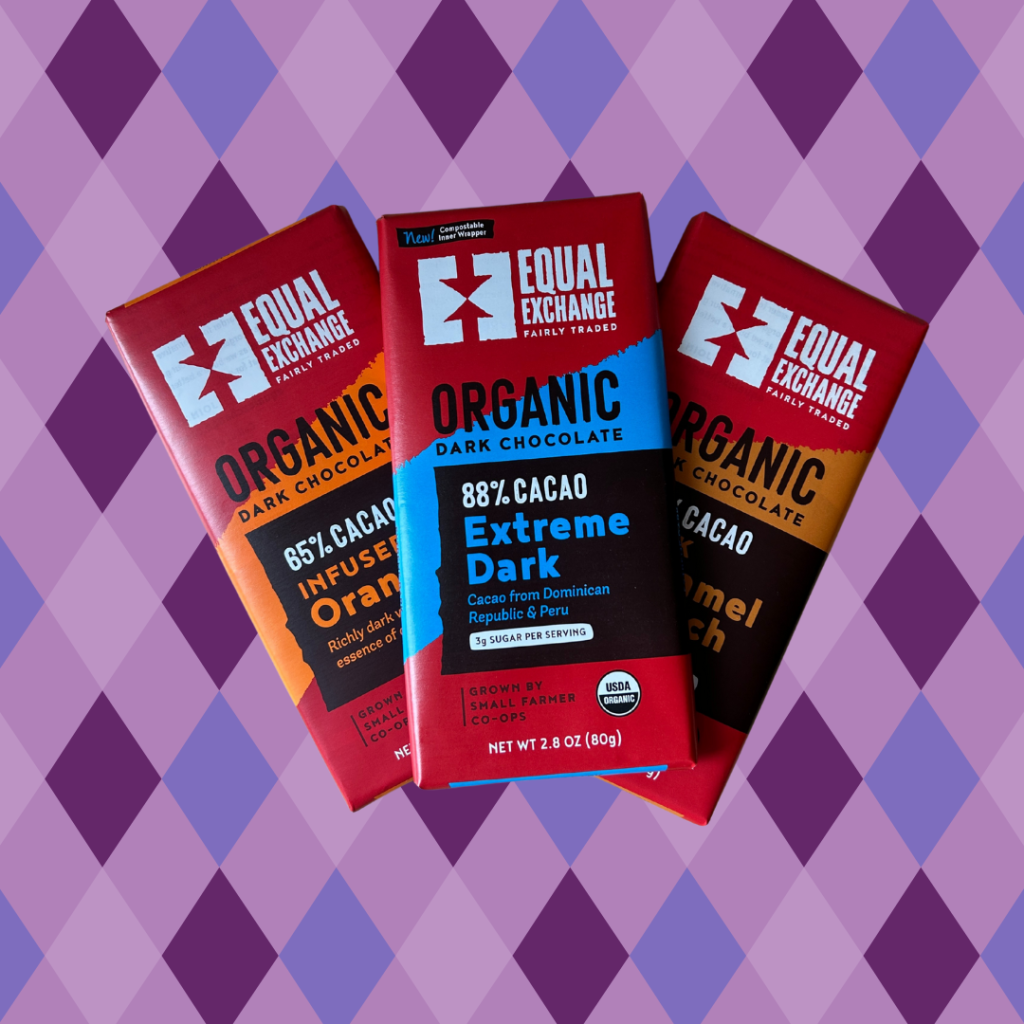
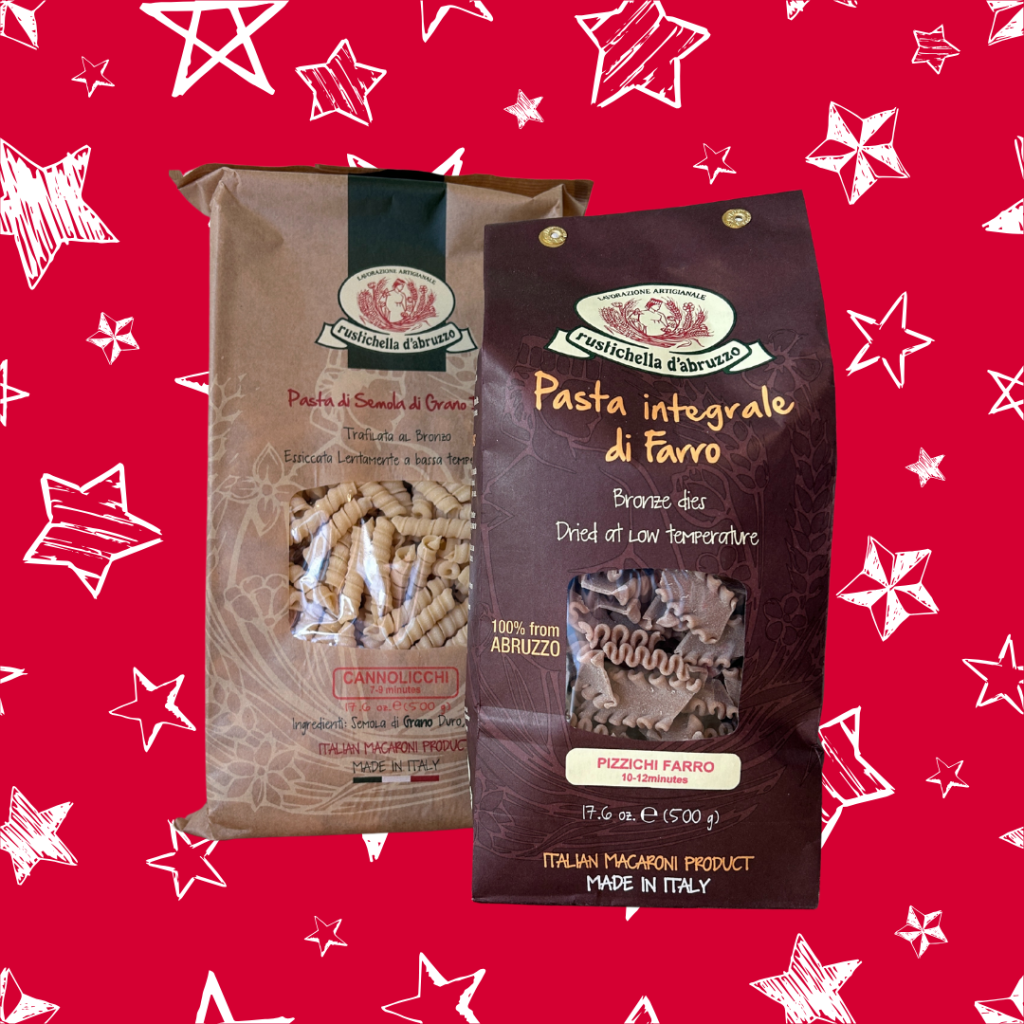
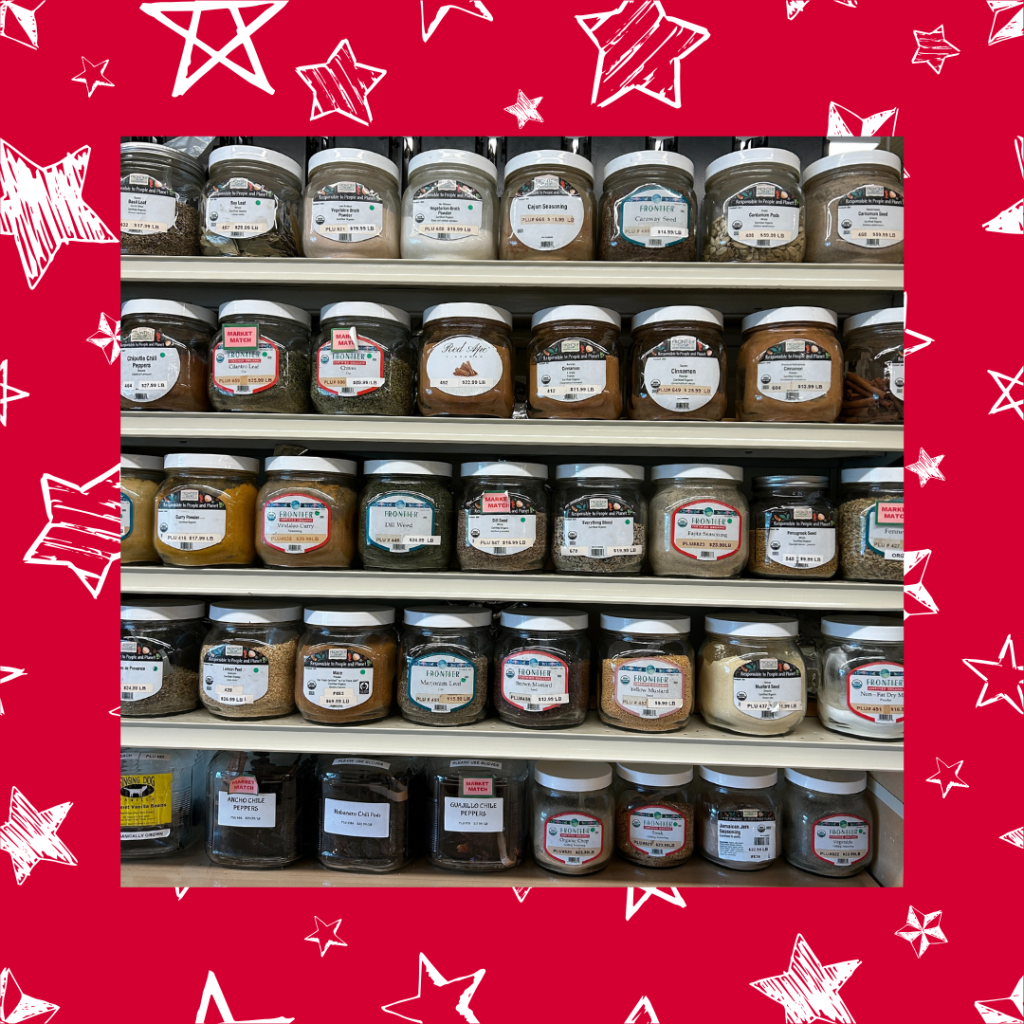
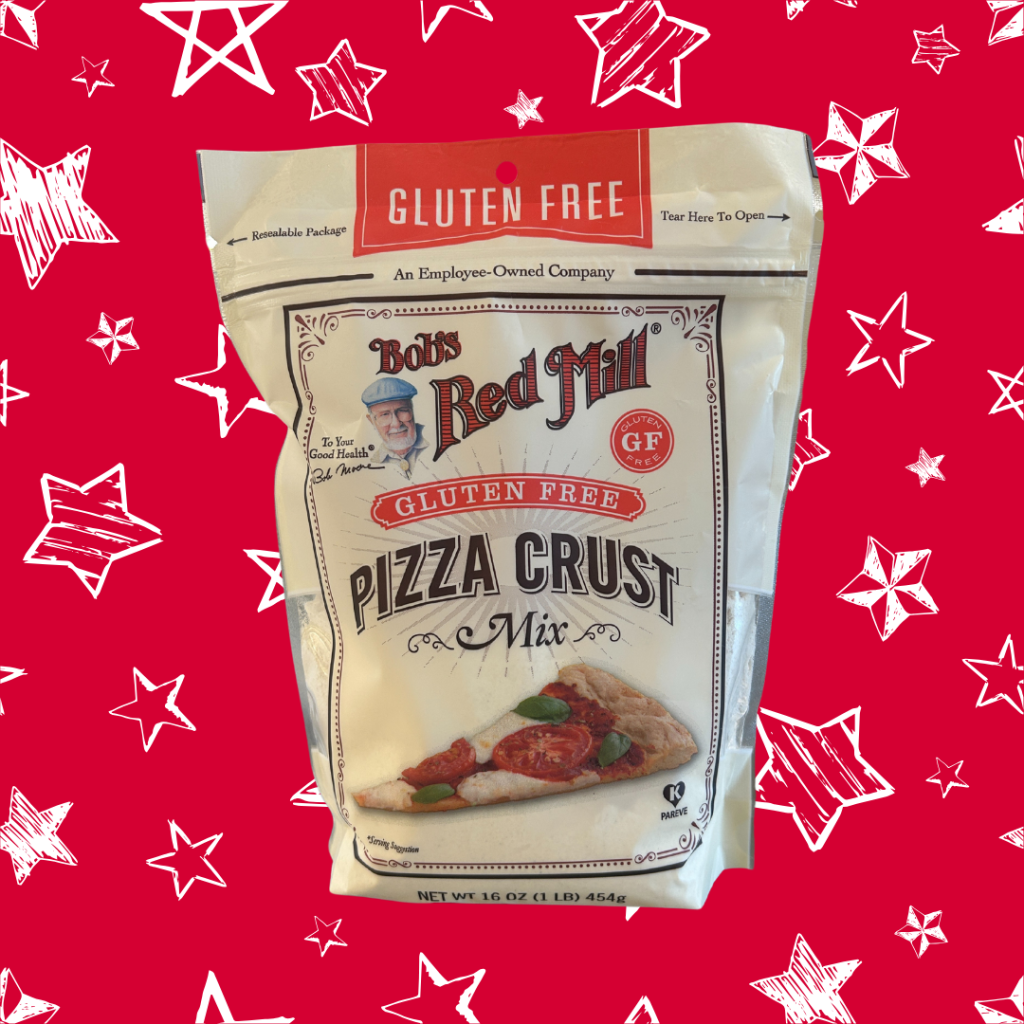


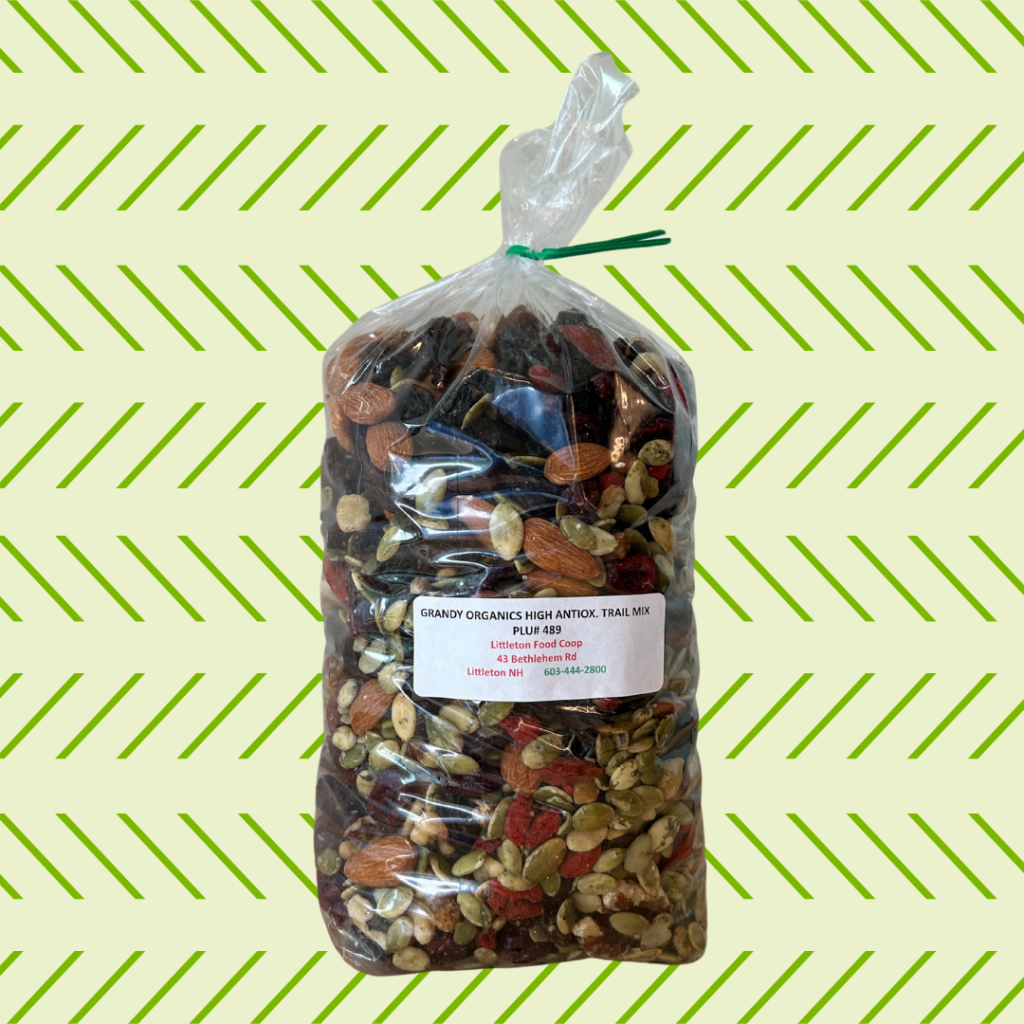
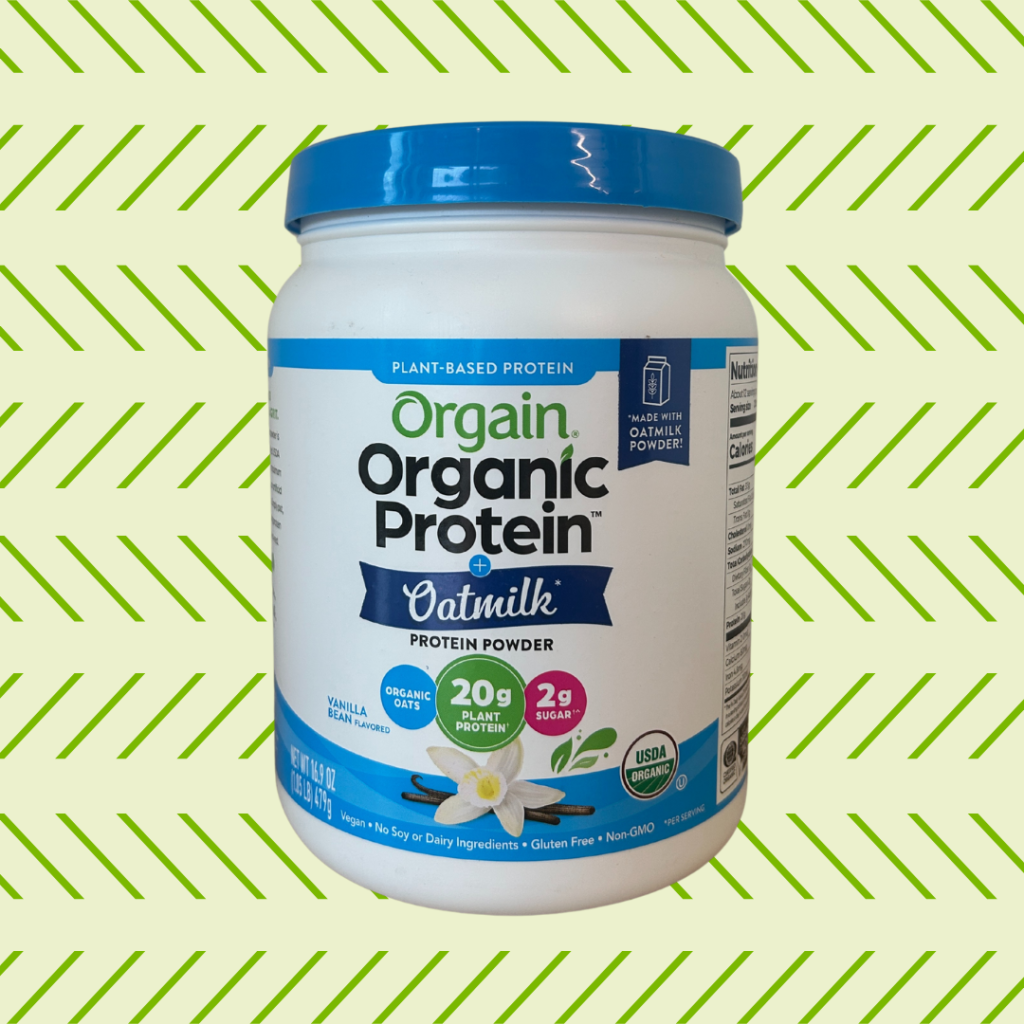
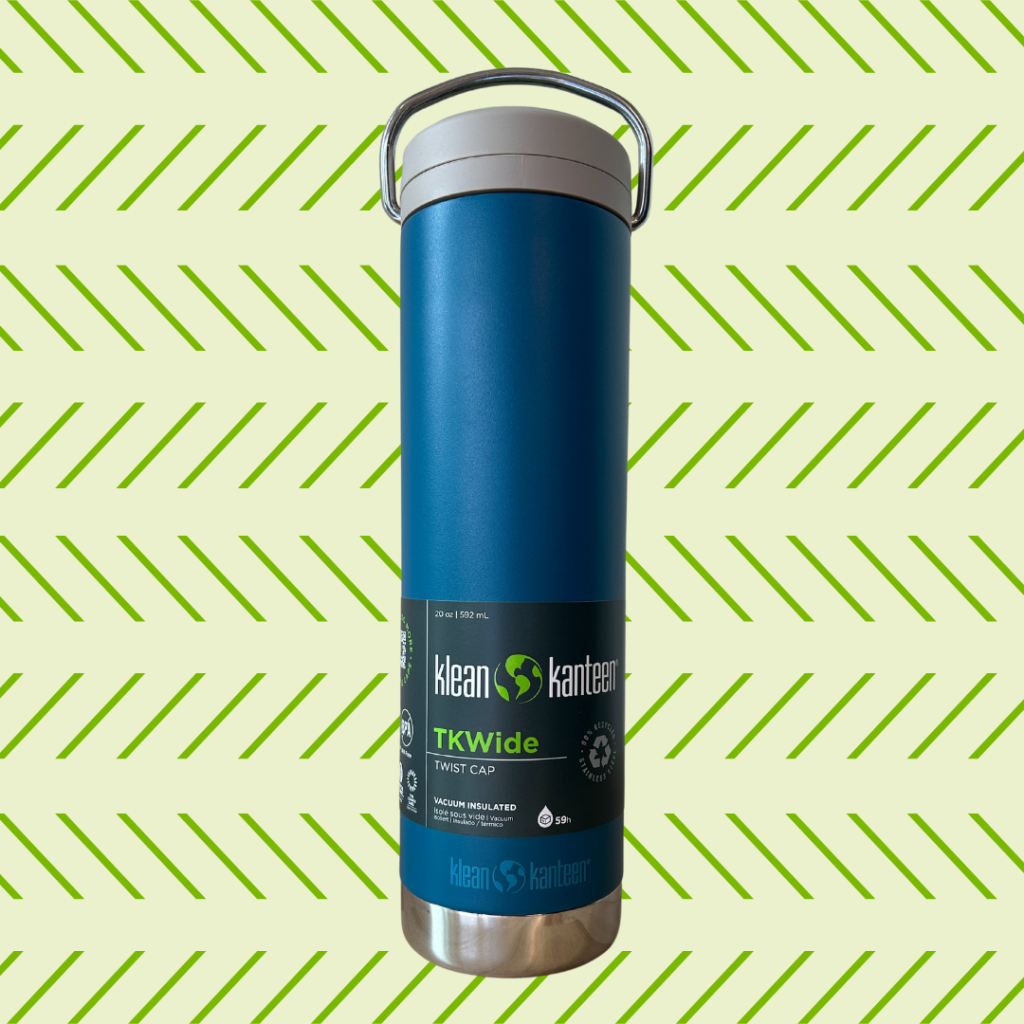

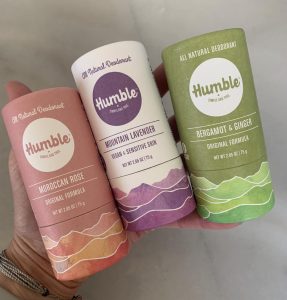
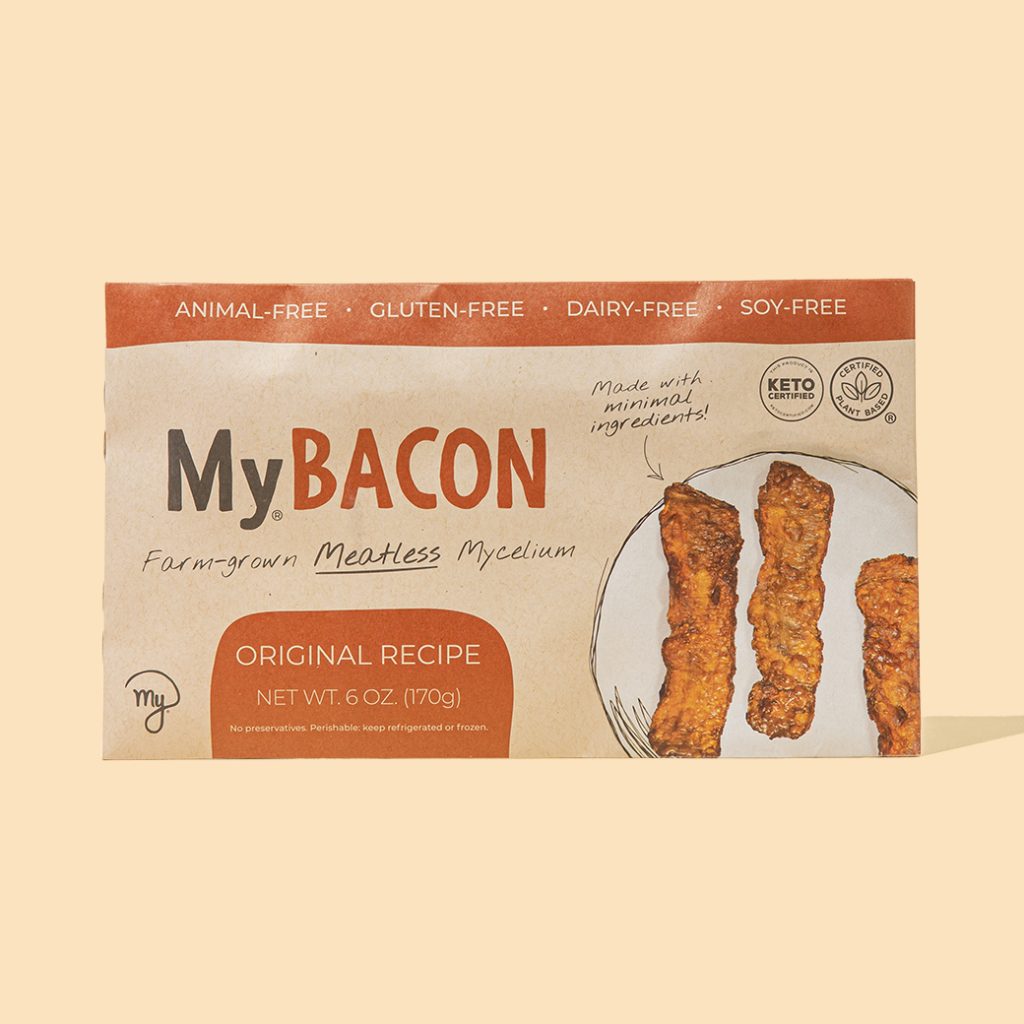
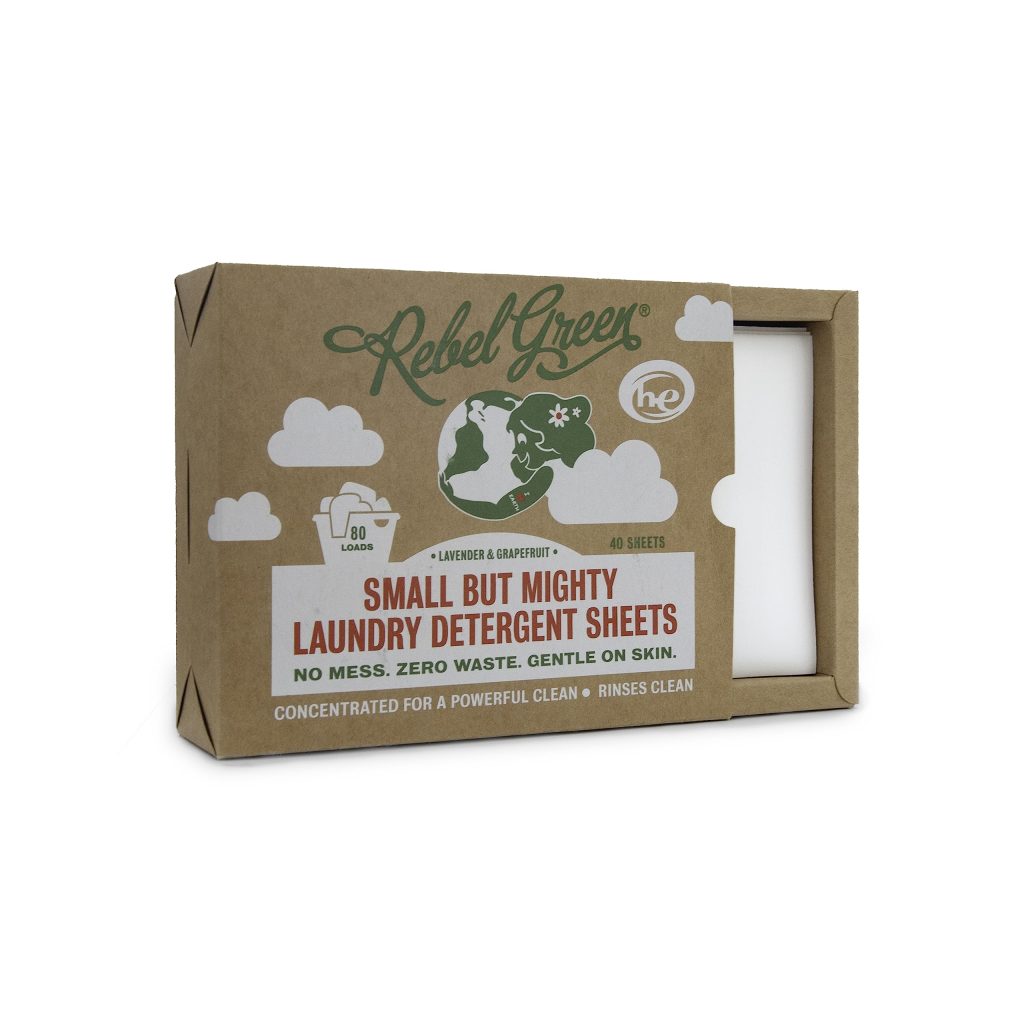
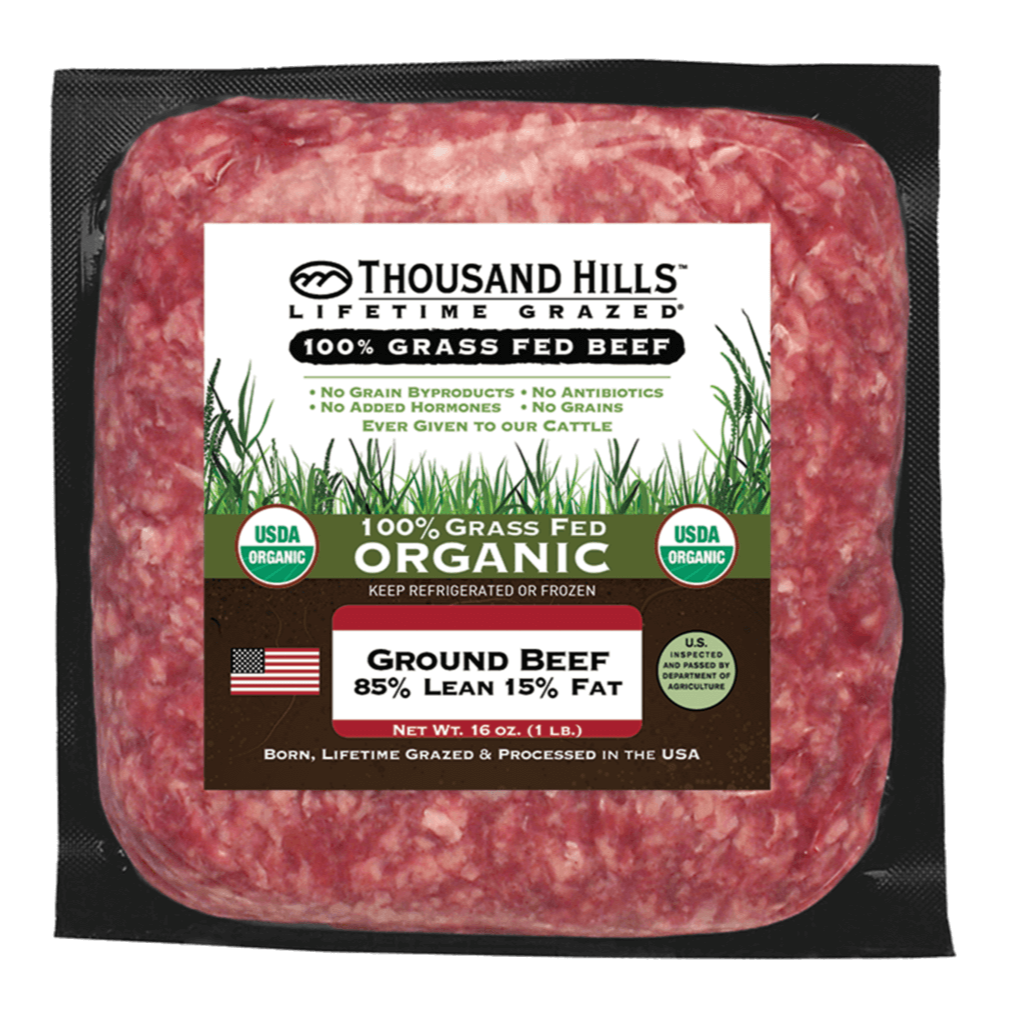

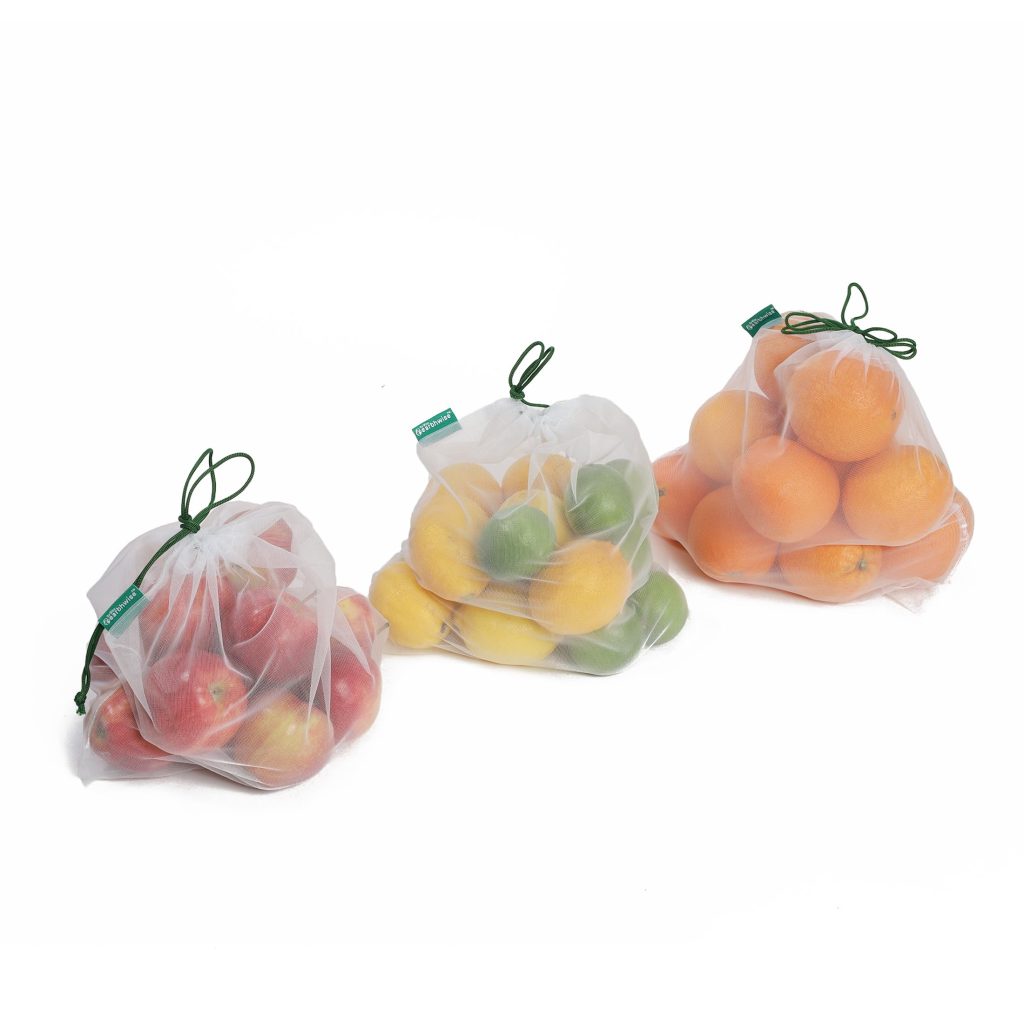









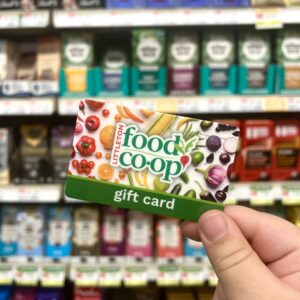
 Let’s have a friendly chat about something important: garbage.
Let’s have a friendly chat about something important: garbage.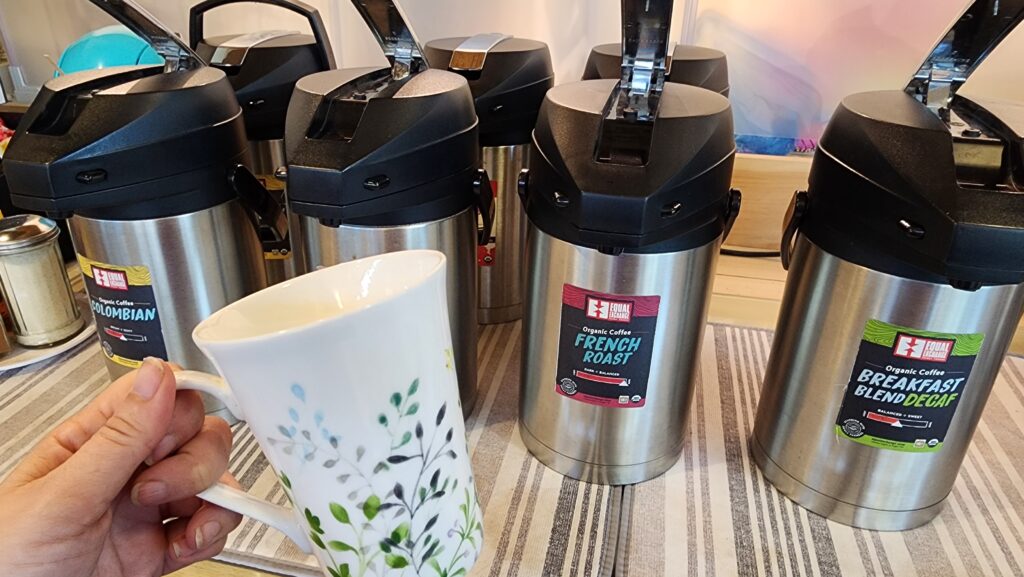
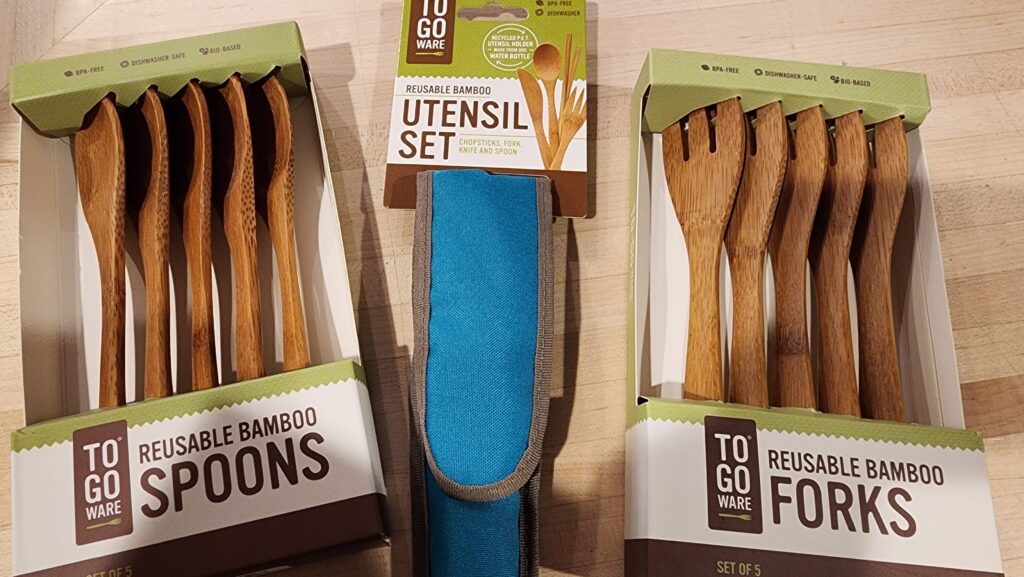
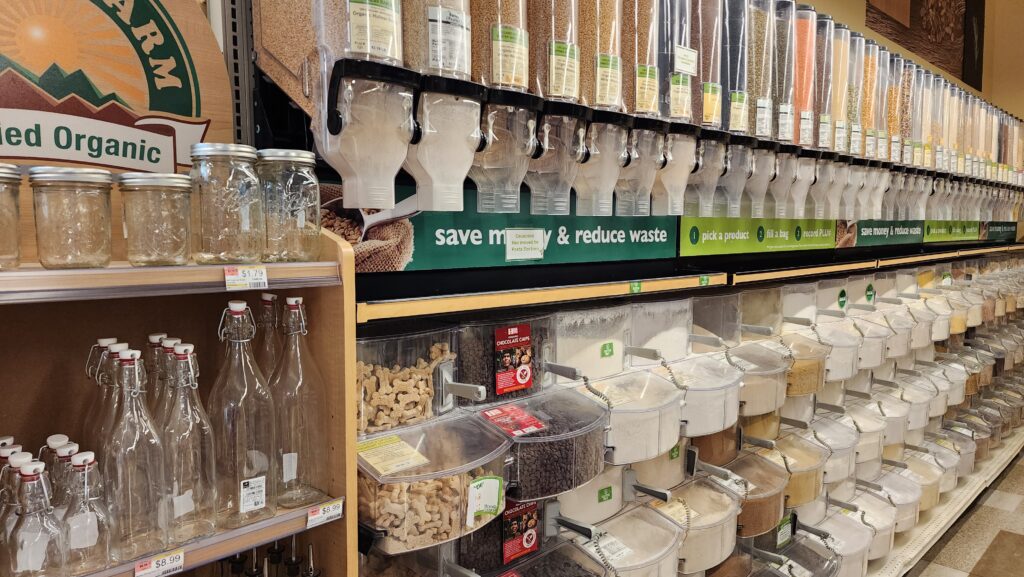

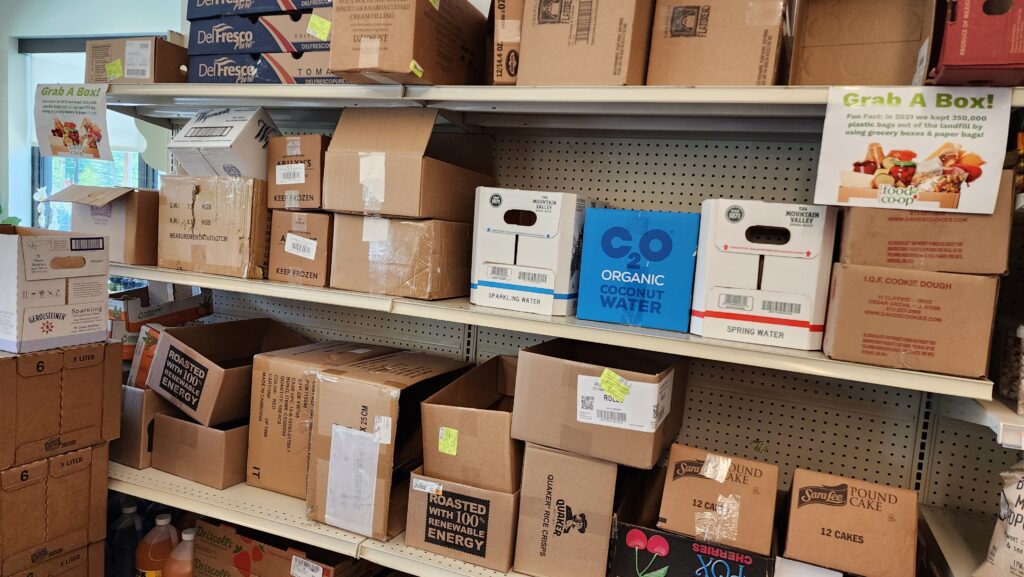
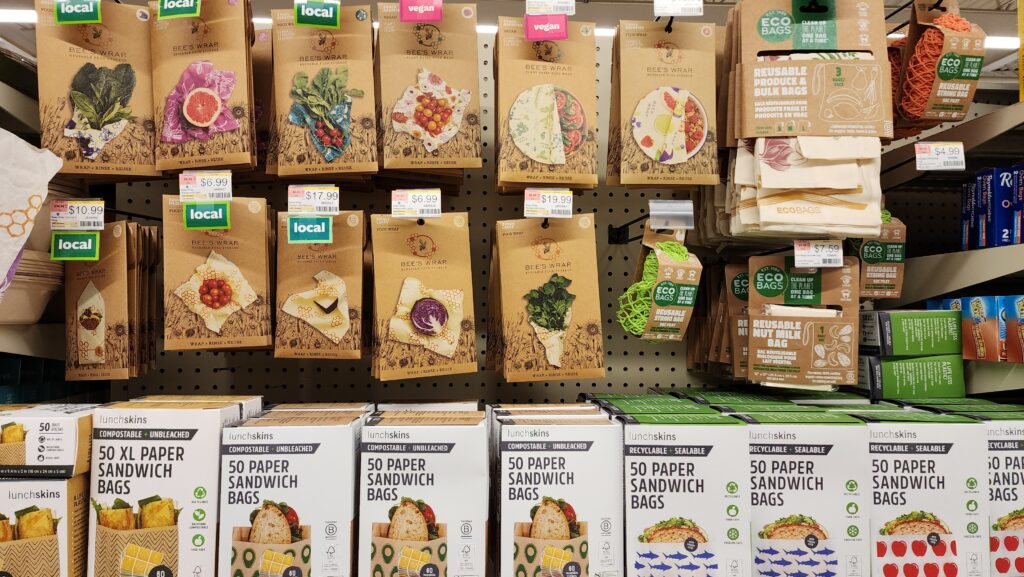
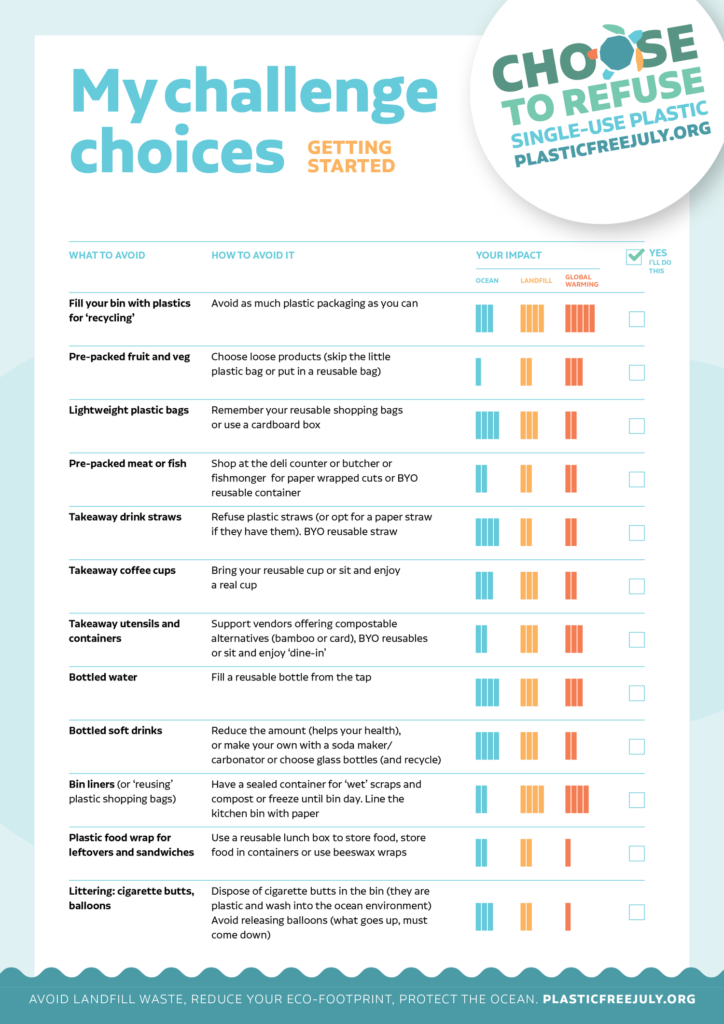
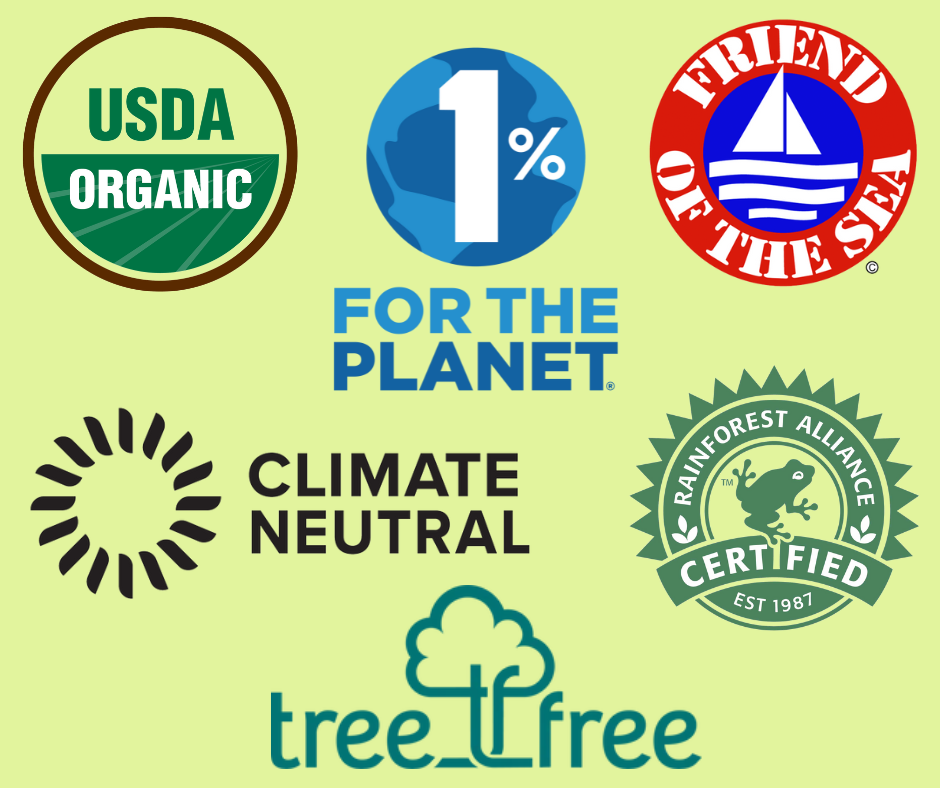
 One Percent for the Planet is an international organization whose members contribute at least one percent of their annual revenue to environmental causes to protect the environment. The aim is to offer accountability, prevent greenwashing and certify reputable giving.
One Percent for the Planet is an international organization whose members contribute at least one percent of their annual revenue to environmental causes to protect the environment. The aim is to offer accountability, prevent greenwashing and certify reputable giving. From fighting deforestation and climate change to building economic opportunities and better working conditions for rural people, the Rainforest Alliance is working to solve urgent environmental and social challenges.
From fighting deforestation and climate change to building economic opportunities and better working conditions for rural people, the Rainforest Alliance is working to solve urgent environmental and social challenges. The term “organic” refers to the way agricultural products are grown and processed. While the regulations vary from country to country, in the U.S., organic crops must be grown without the use of synthetic herbicides, pesticides, and fertilizers, or bioengineered genes (GMOs).
The term “organic” refers to the way agricultural products are grown and processed. While the regulations vary from country to country, in the U.S., organic crops must be grown without the use of synthetic herbicides, pesticides, and fertilizers, or bioengineered genes (GMOs). Friend of the Sea has become the leading sustainable seafood certification standard for products and services that protect the marine environment. The certification awards sustainable practices in Fisheries, Aquaculture, Fishmeal and Omega 3 Fish Oil.
Friend of the Sea has become the leading sustainable seafood certification standard for products and services that protect the marine environment. The certification awards sustainable practices in Fisheries, Aquaculture, Fishmeal and Omega 3 Fish Oil. To become Climate Neutral Certified, a company must show that it is working to reduce the greenhouse gas emissions from making and delivering its products and services – and compensates for all of them, every year.
To become Climate Neutral Certified, a company must show that it is working to reduce the greenhouse gas emissions from making and delivering its products and services – and compensates for all of them, every year.

